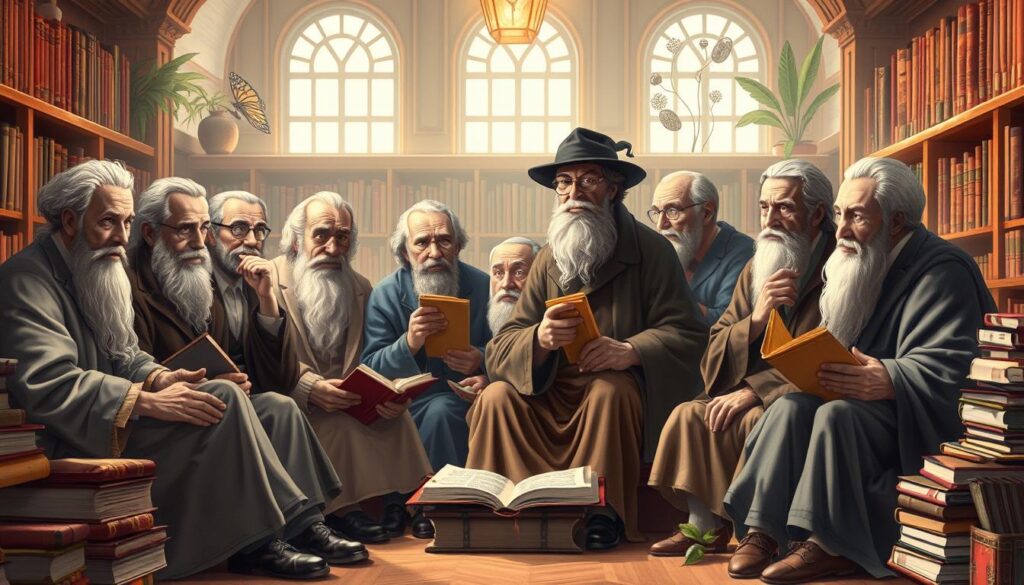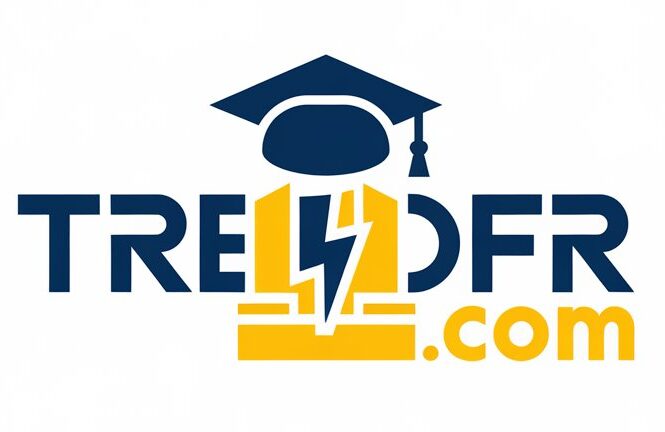Did you know that 90% of educators believe education philosophers still shape our field today? This shows how big an impact famous educational philosophers have had. Their ideas have changed over time, guiding how we teach and learn.
These thinkers have greatly influenced how we see education. By learning about their lives and ideas, we can better understand education’s complexities. Their work is key for anyone wanting to improve education.
The ideas of these influential thinkers are used in schools all over the U.S. They’ve helped shape policies, curricula, and teaching methods. As education keeps changing, knowing about these philosophers is more important than ever.
Key Takeaways
- Education philosophers have had a lasting impact on the field of education
- Their ideas continue to influence educational practices and policies today
- Understanding the contributions of education philosophers is essential for improving education
- Influential education theorists have shaped educational policies, curricula, and teaching methods
- The work of famous educational philosophers remains relevant in modern education
- Exploring the lives and philosophies of education philosophers can deepen our understanding of education
Understanding the Legacy of Education Philosophers
The history of educational philosophy is rich and complex. Many schools of thought have emerged over time. These principles have shaped modern education, making it what it is today.
Philosophers like Plato and Aristotle have greatly influenced education. Their ideas have shaped how we think about learning and teaching. Understanding these ideas is key to appreciating the depth of education.
Looking at the history of educational philosophy gives us insights. It shows how different ideas have shaped modern education. Key figures in this history have left a lasting impact. Their work continues to guide educational practices today.
The Evolution of Educational Philosophy Through History
Education’s history has greatly influenced educational philosophy. Over time, various schools of thought have emerged. Each has added to our understanding of education’s role in society.
Key Schools of Thought in Educational Philosophy
Some major schools of thought include:
- Progressivism, which focuses on student-centered learning and hands-on experience
- Essentialism, which emphasizes the transmission of traditional knowledge and values
- Existentialism, which highlights individual freedom and choice
These ideas have shaped education theories and continue to influence teaching practices.
Foundational Principles That Shaped Modern Education
Principles from thinkers like John Dewey and Maria Montessori have deeply influenced education. They stressed the importance of student-centered learning and hands-on experience. These ideas still guide educational practices today, helping us understand education’s role in society.
Revolutionary Ideas from Influential Education Philosophers
Modern educational thinkers have greatly shaped today’s education. People like Paulo Freire and bell hooks have changed how we see education. They pushed for more inclusive and fair education. Their work has inspired many educators and policymakers today.
Some of the key contributions of these influential education theorists include:
- Emphasis on critical thinking and problem-solving skills
- Focus on student-centered learning and empowerment
- Importance of diversity, equity, and inclusion in education
As modern educational thinkers, they have given us great educational philosophy quotes. For instance, Paulo Freire said, “Education is not the learning of facts, but the training of the mind to think.” This quote shows how important critical thinking is in education.

Looking at the philosophies of these influential education theorists helps us understand education better. Their ideas have led to a more inclusive and fair education system. Their work continues to inspire and guide us today.
| Influential Education Theorist | Key Contributions |
|---|---|
| Paulo Freire | Emphasis on critical thinking and problem-solving skills |
| bell hooks | Focus on student-centered learning and empowerment |
The Impact of Educational Philosophy in Modern Learning
Exploring educational philosophy reveals how key ideas shape today’s learning. The work of contemporary philosophers of education and key figures in educational philosophy is still influential. Their educational philosophy principles guide us, showing their lasting value.
In today’s learning world, we see these ideas in action. They influence everything from personalized teaching to critical thinking and overall growth. Educators and students are constantly adapting to new needs. The wisdom of educational philosophers helps us create learning spaces that truly empower students.
Studying the pioneers of educational philosophy gives us a deeper understanding of modern education. This knowledge helps us make better choices and use effective teaching methods. It also helps us create learning experiences that bring out the best in every student.
FAQ
Who are the most influential education philosophers?
Famous education philosophers include Plato, Aristotle, John Dewey, Maria Montessori, Paulo Freire, and bell hooks. They have greatly influenced how we see education and its role in society.
What are the key principles of educational philosophy?
Key principles include focusing on the student, using hands-on learning, and valuing critical thinking. It also emphasizes fairness and change through education.
How have educational philosophers influenced modern learning?
Today’s education is shaped by these thinkers. We see personalized learning, project-based work, and a focus on social skills. Their ideas are in many modern teaching methods.
What are some of the major schools of thought in educational philosophy?
Major schools are idealism, realism, pragmatism, progressivism, and critical theory. Each shapes our views on education’s purpose, methods, and results.
How have the views of modern educational thinkers challenged traditional notions of education?
Modern thinkers like Paulo Freire and bell hooks have pushed against old, strict education models. They advocate for more student involvement and focus on fairness and justice.

